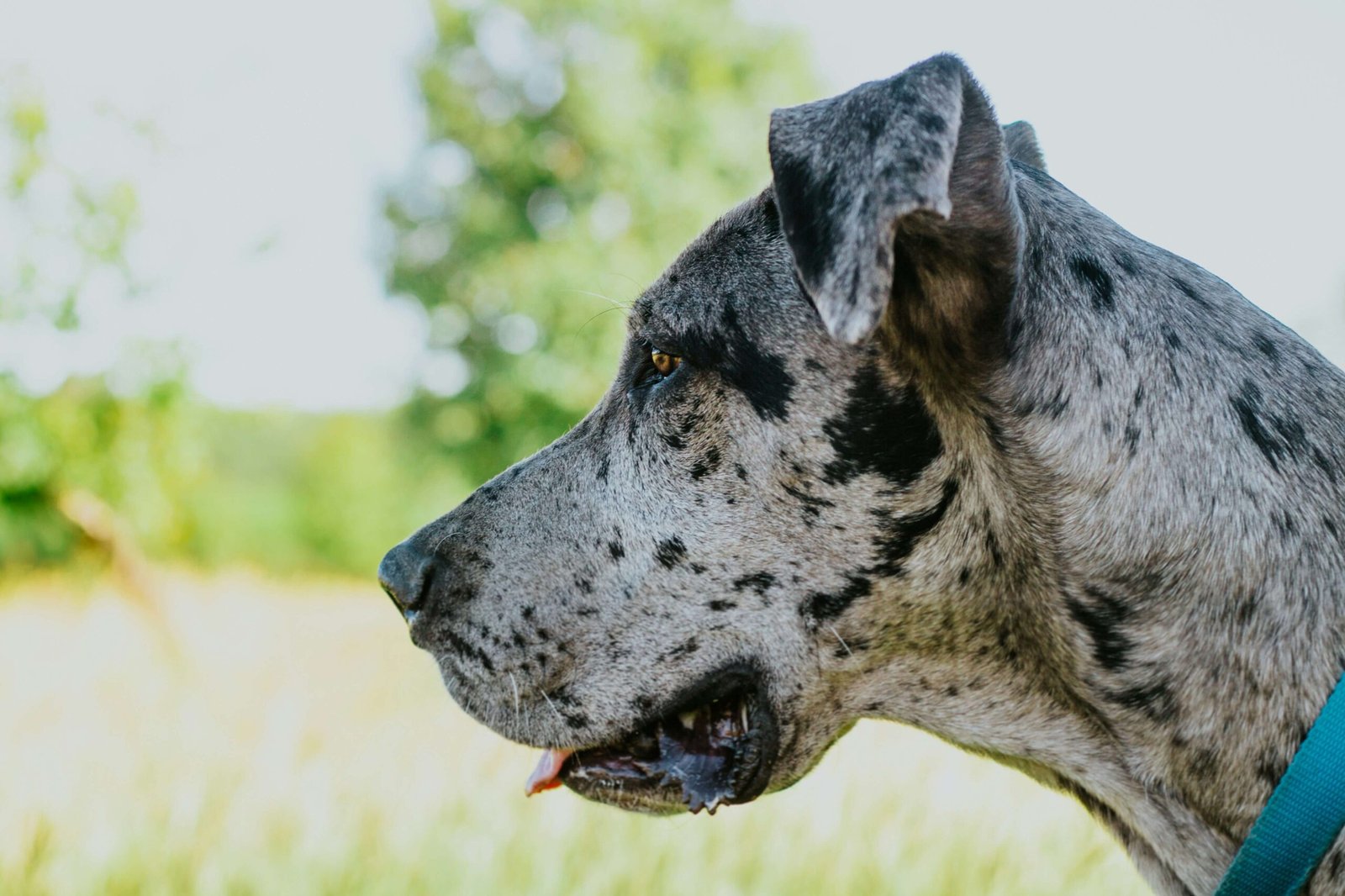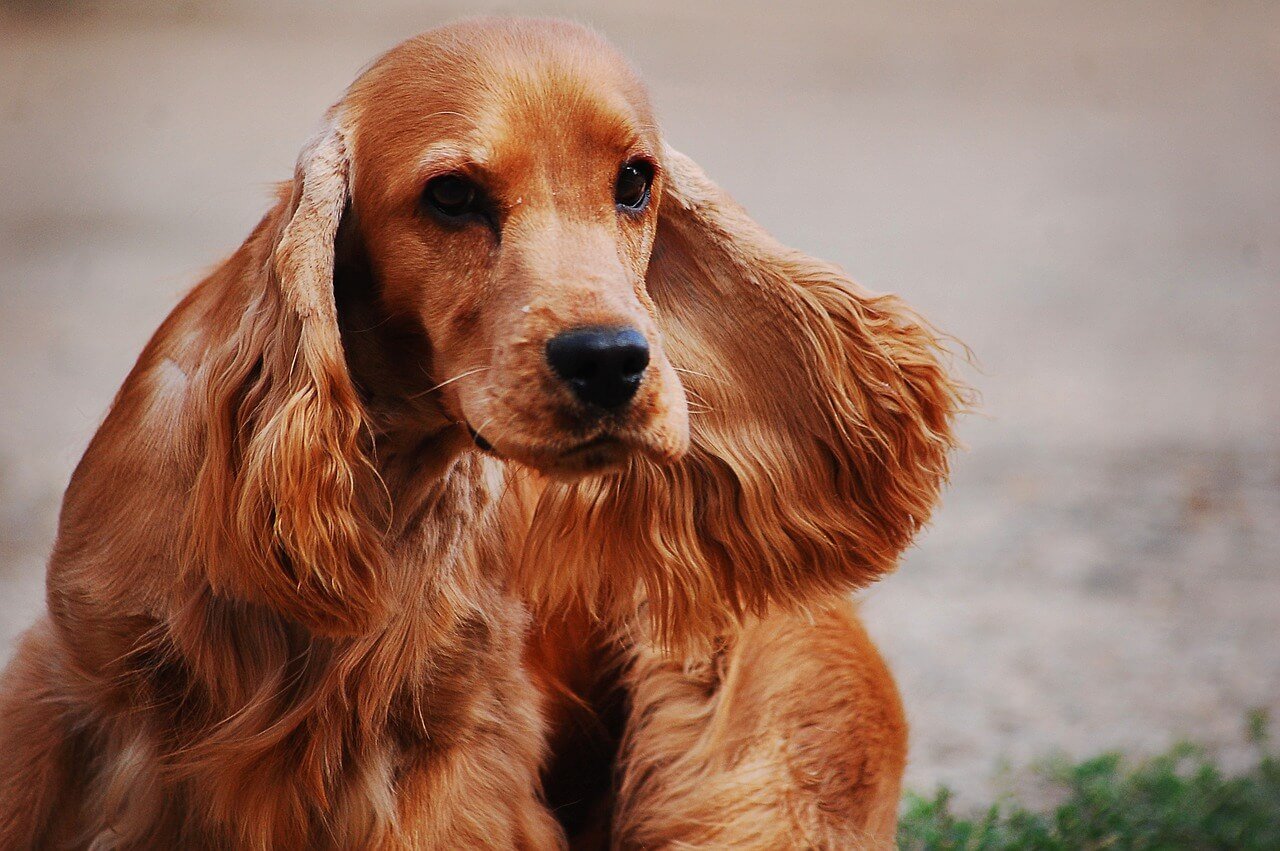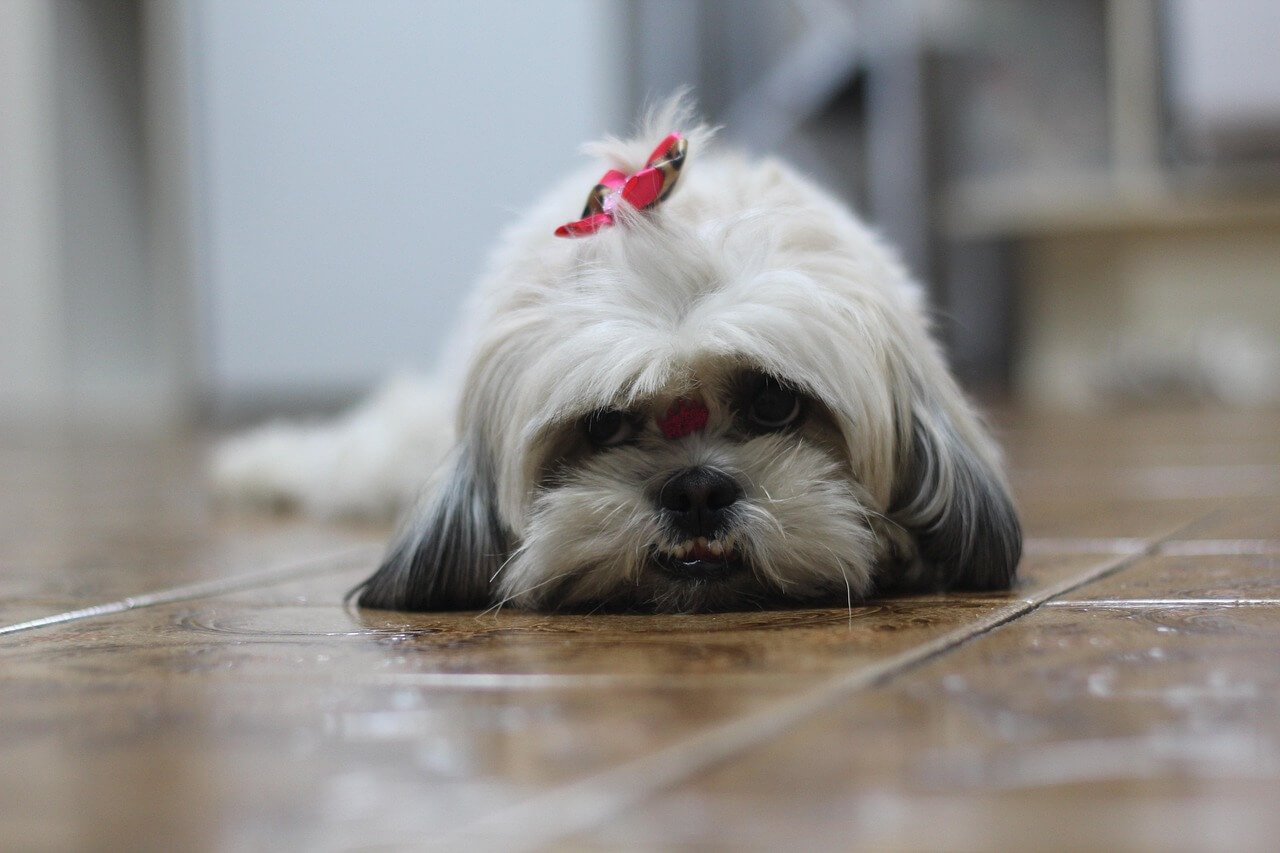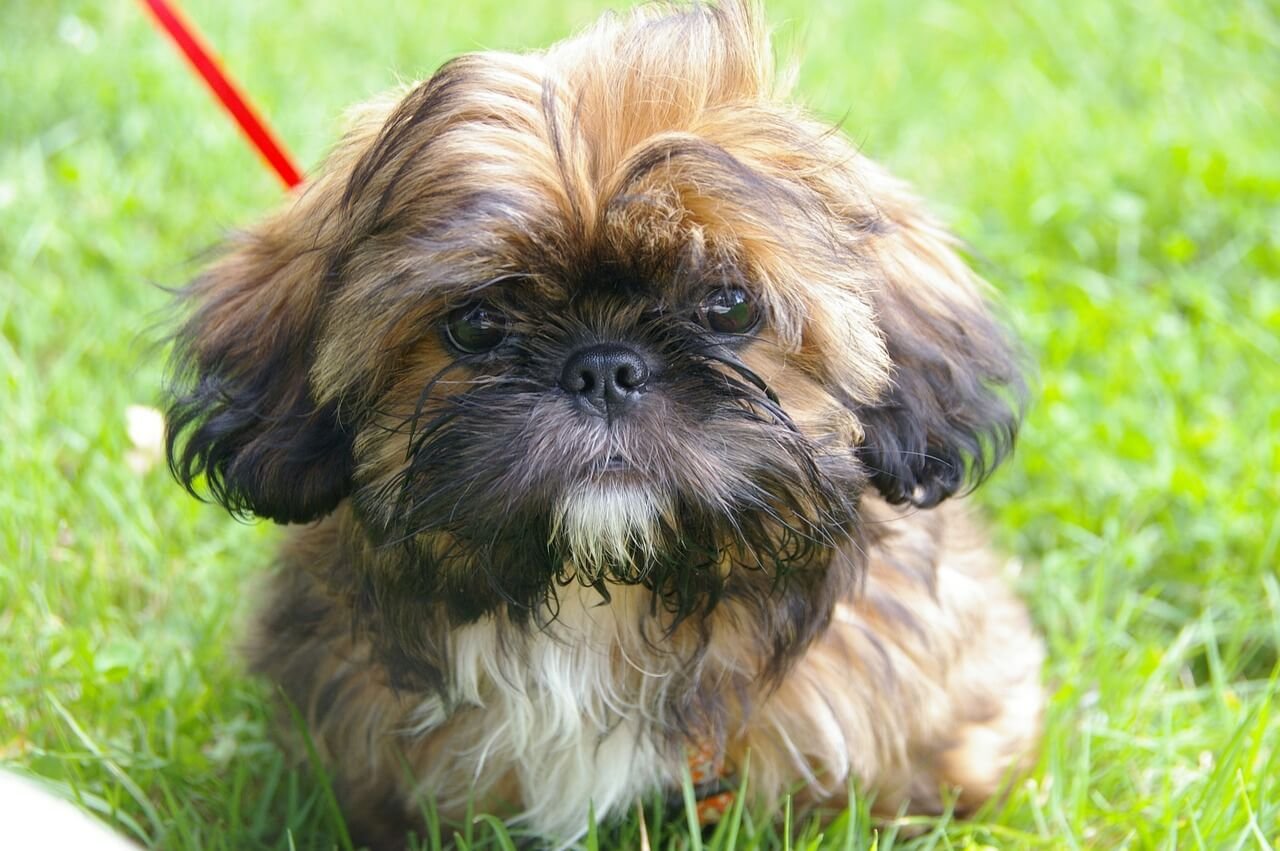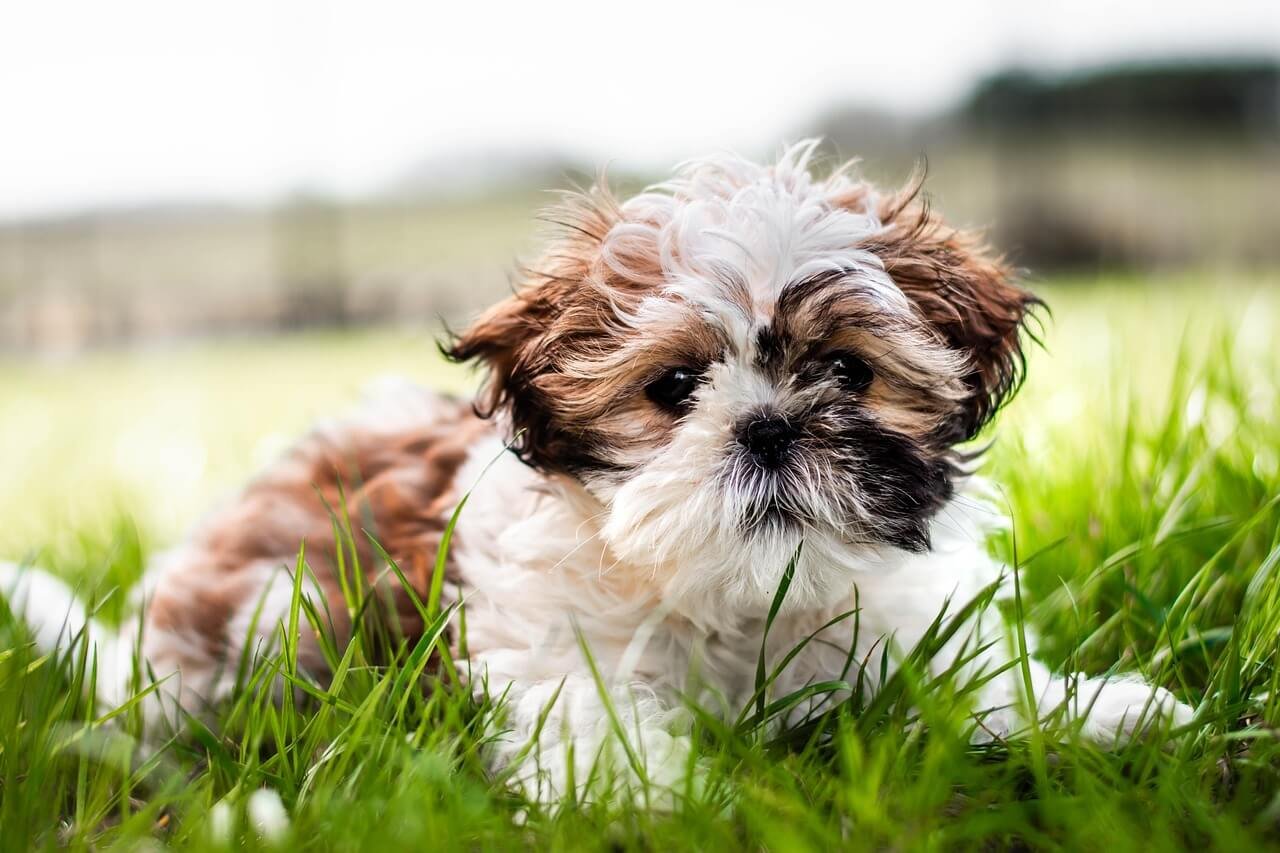The Ultimate Guide to the Best Dog Food for Great Danes
Great Danes are majestic, gentle giants that capture the hearts of dog lovers everywhere. Known for their towering height and regal demeanor, these dogs require specialized care, especially when it comes to their diet. Feeding a Great Dane isn’t as simple as grabbing any bag of dog food off the shelf. These dogs have unique nutritional needs due to their rapid growth, large size, and specific health concerns.
Providing them with the right nutrition is crucial to ensuring they grow strong, stay healthy, and live a long, happy life. In this guide, we’ll explore the best dog food options for Great Danes, focusing on what makes their dietary requirements so special.
Key Nutritional Needs for Great Danes
Great Danes have distinct dietary requirements that set them apart from smaller breeds. Understanding these needs is the first step in choosing the best food for your furry friend. Here’s a breakdown of the essential nutrients and considerations:
- High-Quality Protein : Protein supports muscle development and overall growth. Look for foods with real meat as the primary ingredient.
- Balanced Calcium-to-Phosphorus Ratio : This ratio is critical for proper bone development, especially during puppyhood.
- Moderate Fat Content : Fat provides energy but should be balanced to avoid excessive weight gain.
- Low-Calorie Options for Adults : Adult Great Danes are prone to obesity, so calorie control is vital.
- Joint-Supporting Ingredients : Ingredients like glucosamine and chondroitin help maintain joint health.
- Digestible Carbohydrates : Easily digestible carbs provide energy without causing digestive upset.
By prioritizing these nutritional components, you can ensure your Great Dane receives the fuel they need to thrive. Remember, their diet directly impacts their health and longevity.
Top Ingredients to Avoid in Dog Food for Great Danes
Not all dog foods are created equal, and some ingredients can do more harm than good for your Great Dane. To keep your dog healthy, it’s important to steer clear of certain harmful components. Here’s what to watch out for:
- Artificial Preservatives : Ingredients like BHA and BHT can be harmful over time.
- Fillers and By-Products : Corn, wheat, and meat by-products offer little nutritional value.
- Excessive Grains : Too many grains can lead to bloating and digestive issues.
- Artificial Colors and Flavors : These additives are unnecessary and may cause allergies.
- High Sodium Levels : Excessive salt can strain your dog’s kidneys.
Avoiding these ingredients will help you select a high-quality food that supports your Great Dane’s well-being. Always read labels carefully to ensure you’re making the best choice for your pet.
Expert Opinion: The Importance of Tailored Nutrition for Great Danes
“Great Danes have unique nutritional needs due to their rapid growth and large size,” says Dr. Emily Carter, a veterinarian specializing in large breed care. “A diet rich in high-quality protein and balanced minerals is essential to prevent developmental issues and support long-term health.” According to her, avoiding overfeeding and focusing on joint health can significantly improve their quality of life.
Check this guide 👉Top 5 Best Large Breed Dog Food for Ultimate Health & Strength!
Check this guide 👉 5 Best High-Fat Dog Foods for Ultimate Energy & Health!
Check this guide 👉 Top 4 Premium Beef Dog Food Options for Ultimate Nutrition!
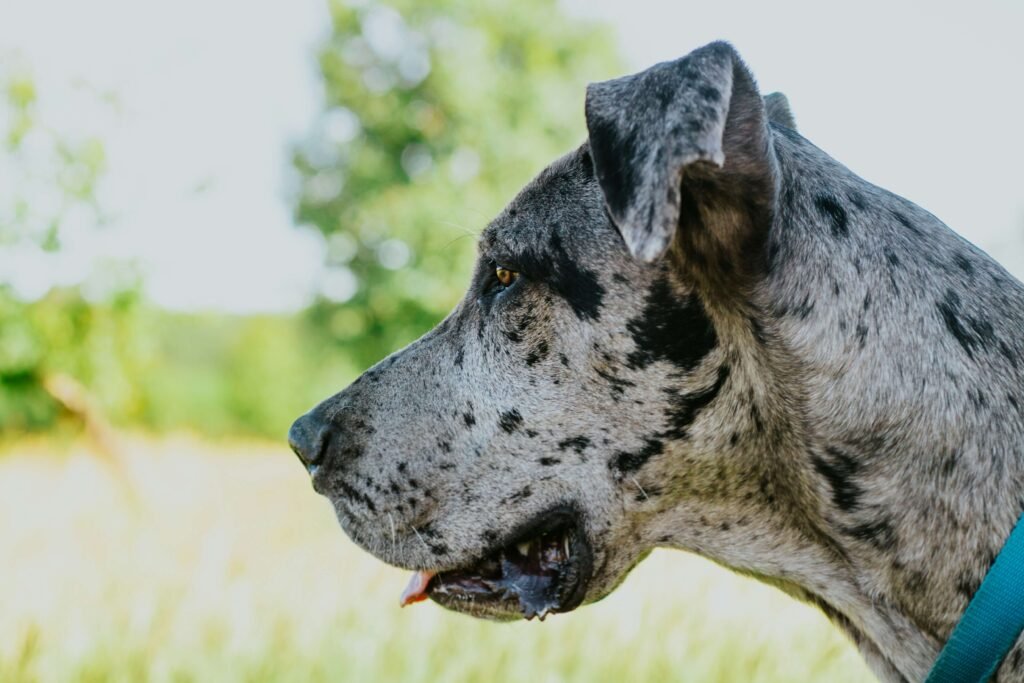
Pros | Cons |
|---|---|
Supports healthy growth | Can be more expensive |
Contains joint-supporting nutrients | Limited availability in some areas |
Free from harmful additives | Requires careful portion control |
High-quality protein sources | May cause allergies in sensitive dogs |
Promotes digestive health | Transition period needed for new food |
Best Feeding Practices for Great Danes
Feeding your Great Dane properly goes beyond just choosing the right food. How and when you feed them also plays a significant role in their overall health. Follow these guidelines to establish healthy feeding habits:
- Feed Multiple Small Meals : Instead of one large meal, divide their daily intake into two or three smaller portions to reduce the risk of bloat.
- Stick to a Schedule : Consistent feeding times help regulate digestion and metabolism.
- Monitor Portion Sizes : Overfeeding can lead to obesity, while underfeeding may result in malnutrition.
- Provide Fresh Water : Always ensure your Great Dane has access to clean, fresh water.
- Gradual Food Transitions : When switching foods, mix the old and new gradually over 7-10 days to avoid digestive upset.
Implementing these practices will help your Great Dane maintain a healthy weight and reduce the risk of common health issues. Proper feeding routines are just as important as the food itself.
Signs Your Great Dane’s Diet Needs Adjustment
Even with the best intentions, sometimes a dog’s diet may not meet their needs. Watch for these signs that indicate your Great Dane’s food might need a change:
- Lethargy or Low Energy : Could signal insufficient calories or poor nutrient absorption.
- Dry or Dull Coat : A lackluster coat may point to inadequate fatty acids.
- Frequent Digestive Issues : Diarrhea or constipation could mean the food isn’t easily digestible.
- Excessive Weight Gain or Loss : Indicates improper portion sizes or imbalanced nutrition.
- Joint Problems : Early signs of arthritis may suggest a lack of joint-supporting nutrients.
If you notice any of these symptoms, consult your veterinarian to determine if a dietary adjustment is necessary. Your Great Dane’s health depends on getting their diet just right.
Common Mistakes to Avoid When Feeding Great Danes
Feeding a Great Dane may seem straightforward, but there are several pitfalls that even well-meaning owners can fall into. To help you avoid these common mistakes, here’s a list of what not to do when feeding your gentle giant:
Overfeeding During Puppyhood :
Great Dane puppies grow rapidly, but overfeeding can lead to skeletal issues like hip dysplasia. Stick to the recommended portion sizes for their age and weight.Ignoring Bloat Prevention :
Great Danes are prone to bloat, a life-threatening condition. Avoid feeding them immediately before or after exercise, and use slow-feed bowls to reduce the risk.Choosing Food Based on Price Alone :
Cheaper dog foods often contain low-quality ingredients that can harm your Great Dane’s health in the long run. Prioritize quality over cost.Skipping Regular Vet Check-Ups :
Your vet can provide guidance on your dog’s dietary needs as they age. Skipping these consultations may result in missed warning signs.Not Adjusting Portions for Activity Level :
A sedentary Great Dane requires fewer calories than an active one. Failing to adjust portions can lead to obesity or malnutrition.Feeding Table Scraps :
Human food can upset your dog’s stomach and lead to unhealthy eating habits. Stick to dog-specific foods to keep their diet consistent.
By steering clear of these mistakes, you’ll set your Great Dane up for a healthier, happier life. Remember, their diet is the foundation of their overall well-being, so it’s worth taking the time to get it right.
Benefits of a Tailored Diet for Great Danes
Providing your Great Dane with a diet specifically tailored to their needs can make a world of difference in their health and happiness. Here’s how a customized approach to nutrition can benefit your gentle giant:
Supports Healthy Growth Patterns :
A diet rich in high-quality protein and balanced nutrients ensures steady, healthy growth, reducing the risk of skeletal issues during their rapid development phase.Promotes Joint Health :
Ingredients like glucosamine, chondroitin, and omega-3 fatty acids help maintain joint flexibility and reduce the likelihood of arthritis as they age.Improves Coat and Skin Condition :
Foods containing essential fatty acids, such as fish oil or flaxseed, contribute to a shiny coat and healthy skin, minimizing dryness and irritation.Reduces Risk of Bloat :
Feeding smaller, more frequent meals with easily digestible ingredients helps minimize the chances of bloat, a common concern for large breeds like Great Danes.Enhances Energy Levels :
Proper nutrition provides the energy Great Danes need to stay active and playful without causing excessive weight gain or fatigue.Strengthens Immune System :
A diet rich in vitamins, minerals, and antioxidants supports a robust immune system, helping your dog fight off illnesses more effectively.
By focusing on a tailored diet, you’re not just feeding your Great Dane—you’re nurturing their overall well-being. Every ingredient you choose plays a role in their quality of life, ensuring they remain the majestic, loving companions we adore.
How to Transition Your Great Dane to a New Food Safely
Switching your Great Dane’s food can be necessary for various reasons, such as addressing allergies, improving nutrition, or accommodating changes in their life stage. However, transitioning too quickly can upset their sensitive digestive system. Here’s how to make the switch safely and effectively:
Start with a Small Proportion of New Food :
Begin by mixing 25% of the new food with 75% of the old food. This gradual introduction helps your dog’s system adjust without causing discomfort.Increase the Ratio Over Time :
After two to three days, increase the proportion of new food to 50%. Continue this process every few days until the transition is complete.Monitor for Digestive Issues :
Keep an eye out for signs of digestive upset, such as diarrhea, vomiting, or excessive gas. If these occur, slow down the transition process.Stick to the Same Feeding Schedule :
Maintain your Great Dane’s regular feeding times during the transition to avoid additional stress on their system.Introduce Probiotics if Needed :
Adding a probiotic supplement can help support gut health during the transition, especially for dogs with sensitive stomachs.Consult Your Vet if Problems Arise :
If your Great Dane experiences persistent issues during the switch, consult your veterinarian to rule out allergies or other underlying conditions.
A smooth transition ensures your Great Dane adapts to their new diet comfortably while minimizing the risk of digestive problems. Patience and consistency are key—your dog’s health is worth the extra effort.
Frequently Asked Questions About Great Dane Nutrition
How much should I feed my Great Dane?
The amount depends on their age, weight, and activity level. Puppies typically need more food than adults, divided into multiple meals.
Can Great Danes eat grain-free food?
Yes, but consult your vet first. Some grain-free diets have been linked to heart issues in certain breeds.
What causes bloat in Great Danes?
Bloat is often caused by eating too quickly or consuming large meals. Feeding smaller portions and using slow-feed bowls can help prevent it.
Are supplements necessary for Great Danes?
While a balanced diet should meet most needs, supplements like glucosamine may benefit joint health, especially in older dogs.
How can I tell if my Great Dane is overweight?
You should be able to feel their ribs without pressing too hard. If you can’t, they may need a diet adjustment.
Nourishing Your Gentle Giant: Final Thoughts
Choosing the best dog food for your Great Dane is an investment in their health and happiness. These magnificent dogs deserve nothing less than top-tier nutrition to support their growth, vitality, and longevity. By understanding their unique dietary needs, avoiding harmful ingredients, and implementing proper feeding practices, you can ensure your Great Dane thrives. Remember, every dog is different, so tailor their diet to suit their individual requirements. With the right care and attention, your Great Dane will remain a loyal and loving companion for years to come.
How Much Is a Cocker Spaniel? Best 7 Expert Tips! Discover the true cost of owning a Cocker Spaniel, from initial expenses to expert advice on budgeting and care. Perfect for future owners!
How Much Should a Shih Tzu Weigh? Best 7 Expert Tips! Discover the ideal weight range, factors influencing it, and expert advice to keep your Shih Tzu healthy and happy.
How Much Does a Shih Tzu Cost? Best 7 Expert Tips! Discover the true cost of owning a Shih Tzu, from initial expenses to hidden fees. Perfect for future owners!
Are Shih Tzus Hypoallergenic? Best 7 Health Tips! Discover if Shih Tzus are hypoallergenic and learn expert advice to manage allergies with this beloved breed. Perfect for allergy sufferers!

